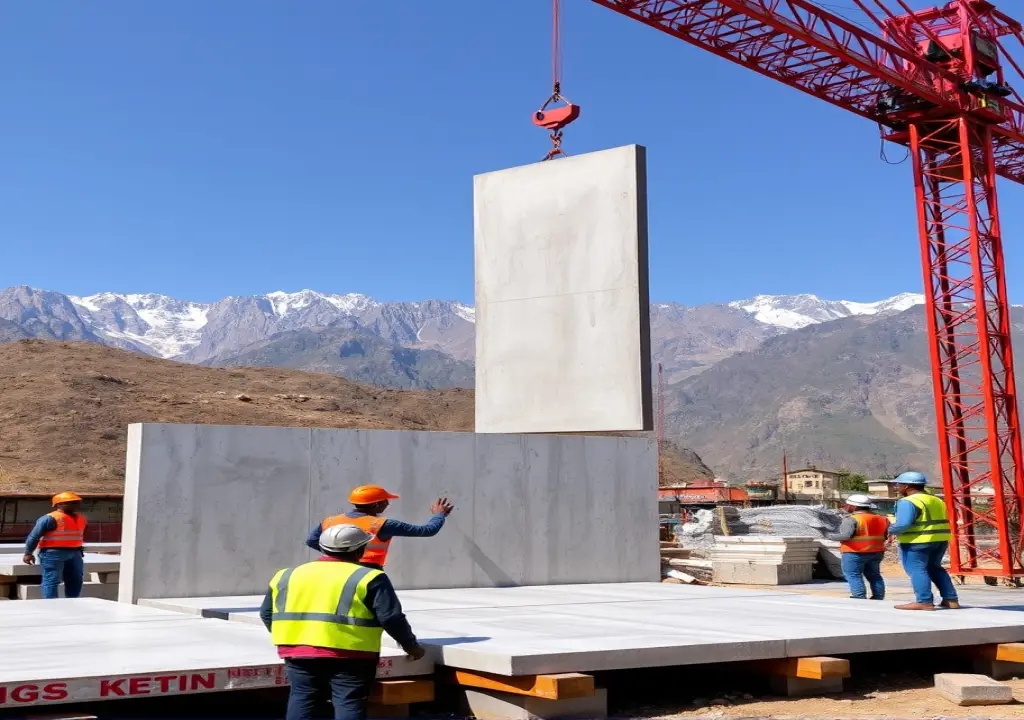Search Blogs

Published By: ADMIN
Published On: Sep 23, 2024, 10:49:56 AM * 5 min to complete.
Precast Concrete: The Future of Efficient Construction in Nepal
Precast concrete is becoming a game-changer in the construction industry, not just globally but also in Nepal. Unlike traditional concrete, which is poured and cured on-site, precast concrete is manufactured in a controlled environment, often in a factory, and then transported to the construction site for installation. This modern method offers several advantages in terms of efficiency, cost, and durability, making it an ideal solution for Nepal’s evolving construction landscape.
Why Precast Concrete is Ideal for Nepal:
-
Faster Construction Time: One of the key benefits of using precast concrete is the reduction in construction time. Since the concrete elements are pre-made in a factory, the on-site work is streamlined. This is especially useful in Nepal, where seasonal challenges like monsoon rains can cause delays in traditional construction methods.
-
Durability and Strength: Precast concrete elements are known for their strength and durability. In a country like Nepal, which is prone to earthquakes, the structural integrity provided by precast concrete offers enhanced resistance to seismic activities. It also stands up well against extreme weather conditions, making it suitable for the varied climate zones of Nepal.
-
Cost-Effective and Efficient: Precast concrete can lead to significant cost savings in the long run. While the initial investment might seem higher than traditional construction methods, the faster completion time reduces labor costs and limits on-site material wastage. Additionally, because it is produced in a controlled environment, quality control is maintained, minimising defects.
-
Eco-Friendly Construction: In today’s environmentally conscious world, precast concrete is considered a more sustainable option. The controlled manufacturing process reduces waste, and the material can often be recycled. With the rise of green building initiatives in Nepal, precast concrete can contribute to achieving eco-friendly certifications for projects.
-
Versatility in Design: Precast concrete is highly versatile and can be customised to suit a wide range of building types, from residential homes to large commercial complexes. It can be used for walls, beams, floors, and even decorative facades, allowing architects and engineers in Nepal to explore various design possibilities.
Applications of Precast Concrete in Nepal:
-
Residential Buildings: From houses to apartment complexes, precast concrete can speed up construction and provide strong, durable structures.
-
Commercial and Industrial Projects: Office buildings, factories, and warehouses benefit from the efficiency and cost savings that precast concrete offers.
-
Infrastructure Projects: Bridges, tunnels, and retaining walls are commonly built using precast concrete due to their durability and ability to handle heavy loads.
